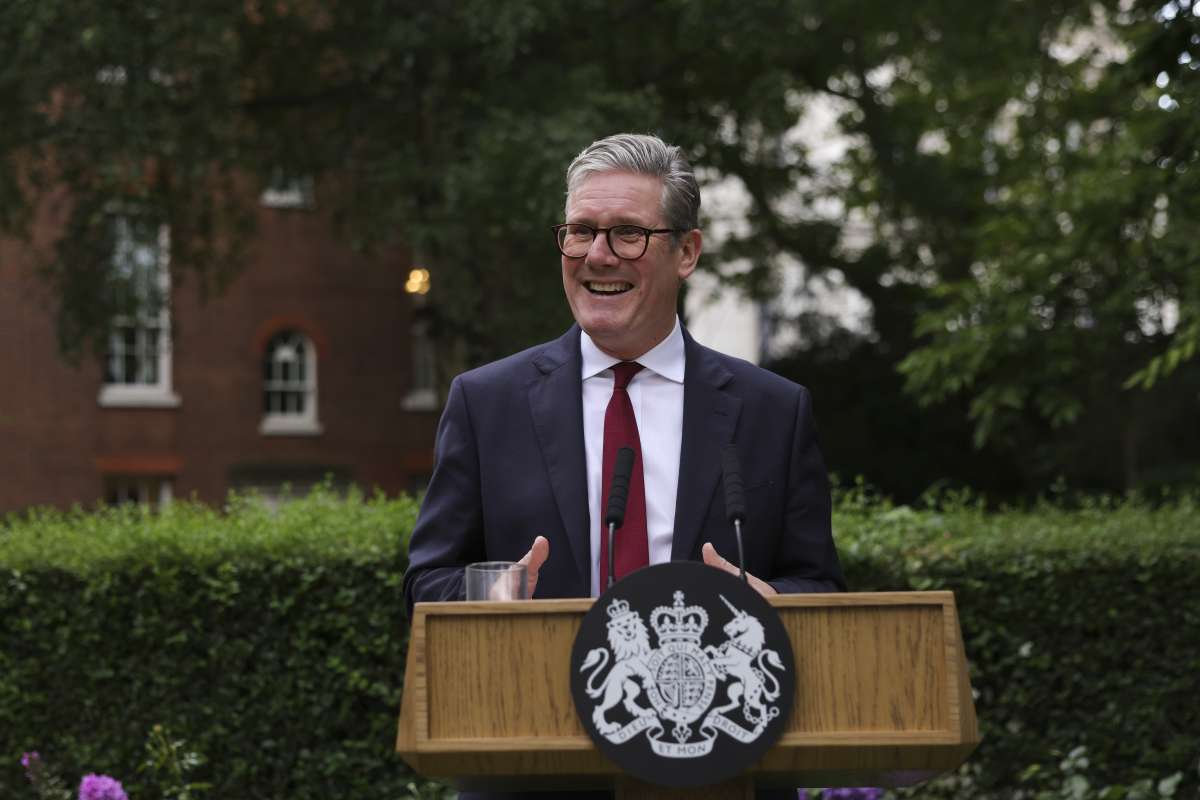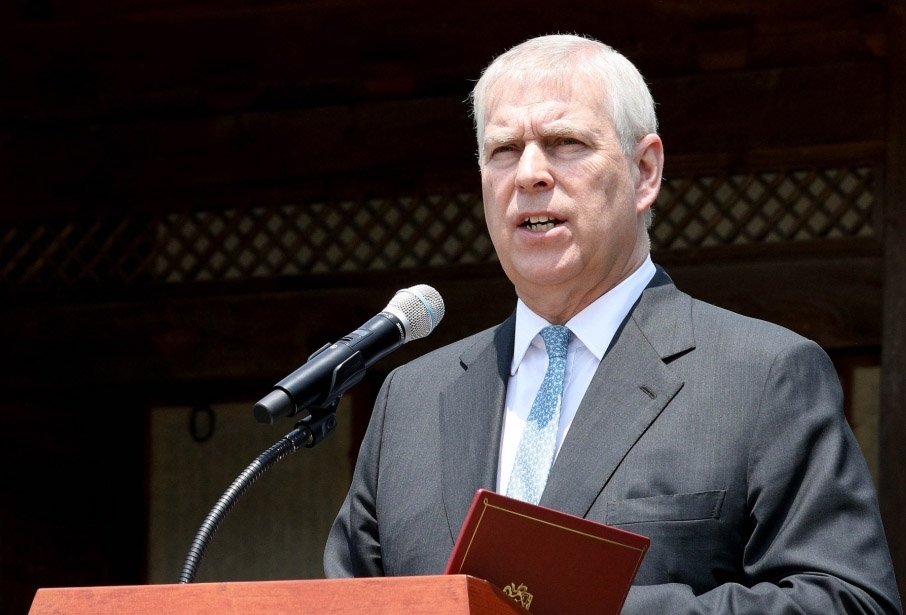Prime Minister Keir Starmer prepares the nation for painful budget in October amid financial and social crises created by the 14-year Conservative rule…reports Asian Lite News
Prime Minister Keir Starmer has warned that the government’s first Budget, set to be delivered in October, will be “painful” as the nation faces a £22 billion financial black hole and a deep societal crisis.
Speaking at the Downing Street Rose Garden, Starmer addressed a selected gathering, making it clear that his administration intends to differentiate itself from its immediate predecessors. He pointedly referenced the garden’s past use for lockdown parties under the Conservative government, emphasising that it is now a space dedicated to public service.
Starmer did not mince words about the difficult decisions ahead. He stressed that those with the “broadest shoulders” will be expected to bear the “heavier burden,” signaling that wealthier individuals and entities may face greater financial contributions as the government seeks to balance the nation’s books.
The prime minister made it clear that the country’s economic situation is dire, with the inherited financial deficit amounting to £22 billion. But he also pointed to a “societal black hole,” suggesting that recent riots across parts of the UK have exposed deep-seated issues that need addressing urgently.
One of the most controversial measures announced so far is the removal of winter fuel payments for around 10 million pensioners in England and Wales. Starmer acknowledged that this decision was difficult and warned that there will be more tough choices to come. The removal of these payments has already sparked concern, particularly among organizations like Age UK, which has highlighted that nearly 2 million pensioners could face significant hardship this winter as a result.
When questioned by ITV News about the government’s spending priorities, including pay rises for doctors amidst a financial crunch, Starmer defended his decisions. He admitted that the winter fuel allowance is “not a particularly well-designed scheme” and emphasized that support would still be available for those pensioners who need it most.
Starmer was also adamant that the forthcoming Budget would not follow the usual script of previous administrations. He described the country as having suffered from “14 years of rot” under Conservative rule, with deep-rooted issues that cannot be ignored. He vowed that when Parliament returns on Monday, his government will take swift and decisive action to begin repairing the nation’s foundations.
Between now and December, the prime minister outlined an ambitious legislative agenda aimed at protecting taxpayers, building homes, fostering economic growth, and harnessing the potential of artificial intelligence for public good. Among the key initiatives is the introduction of legislation to bring the railway into public ownership and to implement the biggest “levelling up of workers’ rights in a generation.”
Starmer also announced the creation of Great British Energy, a new public entity that will be “owned by taxpayers, making money for taxpayers.” This initiative aims to generate clean energy while creating jobs, positioning the UK as a leader in the green economy.
The prime minister did not shy away from discussing the crisis in the prison system, a topic brought to the fore by the recent riots and the government’s handling of the ensuing disorder. Starmer criticized the previous administration for its tough-on-crime rhetoric, which promoted longer sentences without expanding prison capacity to accommodate the increased demand. “Here we are without the prison places we need,” he said, acknowledging the time it will take to build new facilities. “I can’t build a prison by Saturday,” he quipped, highlighting the immediate challenges his government faces in restoring order and credibility to the justice system.
As the government prepares to unveil its first Budget, Starmer’s message is clear: there are no easy solutions to the problems the UK faces. He has called for patience and understanding from the public as his administration tackles the dual crises of financial instability and social unrest. The upcoming months will be crucial as the prime minister seeks to lay the groundwork for a stronger, more resilient Britain.














